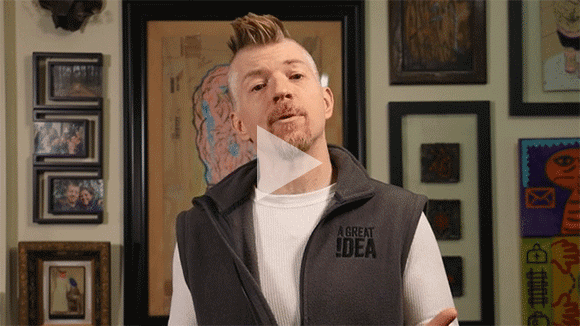Oops! Now What? Simple Tips to Responding When Your Brand Gets Called Out
It might be a bad review, it might be a customer complaining and tagging you on Twitter, it could be an ethical callout that’s more complex. It can feel scary when this happens, but it’s not the end of the world - in fact, it might be a useful tool, if you choose to use it in that way.One of the important things to keep in mind is that being called out is a good thing for a few different reasons. It means people care enough about your brand to want to see it reflect their values. It also means the consumer believes they have a voice and can affect your brand in a meaningful way. While it’s tempting to look at a callout as a bad thing, a damaging situation, it can instead be a way for you to reflect on areas you might need to improve on - a stress test, if you will. Handled well, a callout can be a tool to make your company both more accountable to your consumers, and a stronger, more ethical brand overall.When you have a pain in your ankle, it’s tempting to just treat the pain and move on. Many brands do that—some surface apology or acknowledgement, and then they continue on the same path. Sometimes, that’s all that’s required! But sometimes, that pain might be an opportunity to look holistically at the problem—check your shoes for good arch support, do some strengthening exercises and stretch. You might want to see if your knee is turned in some strange way, triggering pain in the ankle. That pain sucks, but it’s a great chance to look at how to avoid it happening again in the future if you dive into it versus just treating the symptoms.

So, how do you responsibly acknowledge your mistake and tackle the root of the issue? Here’s a few steps.
Admit Your Fault
It’s tempting to be defensive. It’s also the worst possible thing to do, especially in the moment. Take a deep breath, step away from social media, and think long and hard about your response. The most important thing to do is to acknowledge your mistake. Don’t make it about you, or your brand. Instead, listen, thank people for telling you that you messed up, and sincerely apologize - address where you went wrong, acknowledge the impact it had on others, and commit to doing better. Keep it short and simple.
Reach Out To The Aggrieved
Offer to speak to them further to get more information in a way that feels comfortable for them. Sometimes, public callouts are done because that feels safer than behind closed doors. Be mindful of the power dynamics at play, and listen more than you talk. Thank them for their feedback, and offer to follow up once you’ve made a plan.
Say What You’ll Do Better Next Time
Detail a plan for how you will prevent a similar mistake from derailing your work. Offer up concrete ways you will show improvement. “We’ll make sure to center diversity” sounds really good, but that doesn’t tell me how you plan to do it! Consumers will have a lot more faith if they can point to actions that clearly demonstrate commitment to change.

Update The Public On Your Work
It’s gonna take time on your own to really do the underpinning work, whether it’s a microaggression or poor customer service. Training may be needed. Educating yourself may be needed. And that’s great! Opportunities to learn and evolve into something better should be embraced. Keep people updated on what steps you’ve been taking, not in order to get cookies, but so they are reassured that you haven’t dropped the ball.
Keep It Up!
It’s ok to make mistakes. And being called out is an exercise in trust - it means your consumers are invested enough in you to want you to change! That’s a great thing, not a bad thing. Treat it like an opportunity to become a better, stronger, more ethical brand, and you’ll find yourself becoming the best you can be.




